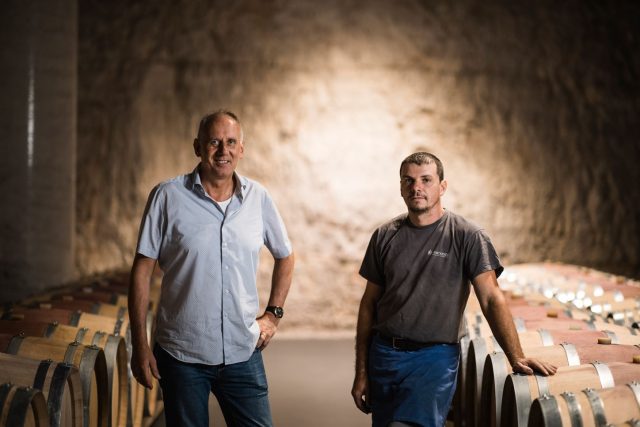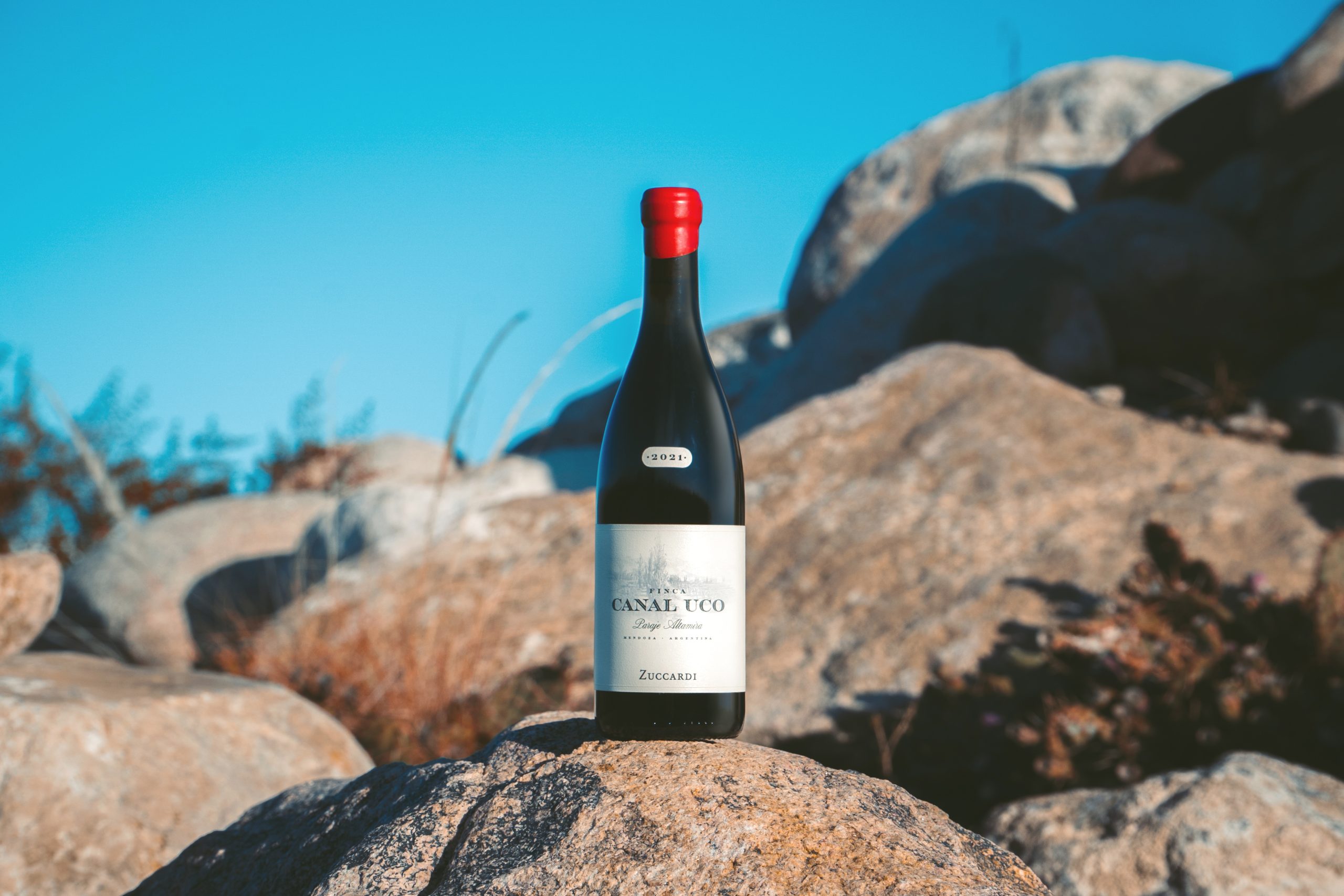Cantina Kurtatsch appoints new winemaker amid ongoing growth
Othmar Donà, the long-standing head winemaker of Cantina Kurtatsch, has passed the baton on to former agronomist and vice-oenologist Erwin Carli, who has been at the company for the past 10 years.

Donà joined the winery team three decades ago, stepping into a winery “that almost nobody knew about”, he said.
He described the cooperative as “a small company that was focused on producing more quantity than quality” when he started, taking pride in having grown the business into “one of the leading wineries in Alto Adige and in Italy”.
The cooperative winery, which has 190 members, has recorded an increase in value of 110% over the last 9 years.
Erwin Carli, as the newly appointed head winemaker, will now be responsible for continuing this legacy.
Partner Content
“I will not rest until a product is made the way it should be,” the new head winemaker said. “A wine comes from a specific territory and must reflect it, even though it may clash with current styles. Trends come and go, vines are here to stay.”
Cantina Kurtatsch focuses on red winemaking, particularly from Bordeaux varieties. The cooperative has expanded the size of Cabernet and Merlot by 65%, resulting in labels Freienfeld and Tres.
Kurtatsch also focuses on research both in the vineyard and the winery. The cooperative undertakes experiments on alternative yeasts to control alcohol development and studies on the carbon footprint of glass and the use of sustainable packaging.
Analysis and research in the vineyard is also set to continue with Carli at the helm, in accordance with the company’s ‘Vineyard by Vineyard, Wine by Wine’ approach. Cantina Kurtatsch developed this method in an attempt to create the best possible conditions for production in light of the effects of climate change.
Donà said: Our work has been carried out year after year, performing micro-fermentation of a few hectoliters to help us understand what was appropriate for each variety, and thus be able to make great wines. We were able to adapt to climate change, reaping its advantages in our red wines. As for our whites, we were lucky to be able to go higher and acquire that distinctive finesse and minerality of Alto Adige wines.”
Related news
Castel Group leadership coup escalates
For the twelfth day of Christmas...
Zuccardi Valle de Uco: textured, unique and revolutionary wines




